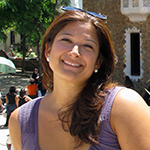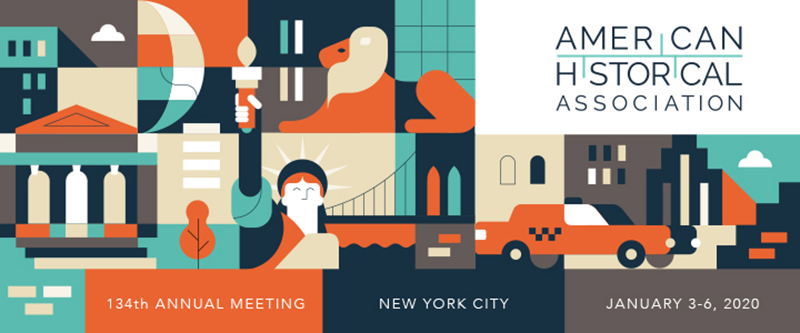| By Wendy Perla Kurtz |
I landed my role as a digital humanities specialist with Gale because my academic background is rooted in a variety of scholarly methodologies. I earned a Ph.D. in Hispanic Languages and Literatures from the Department of Spanish and Portuguese at the University of California, Los Angeles (UCLA). During my time at UCLA, I also received a graduate certificate in the digital humanities and worked at the Center for Digital Humanities (now called Humanities Technology, or HumTech), where I helped design, manage, and contribute to digital research and pedagogy projects. My research explores the ritualistic aspects of mourning practices represented in textual and visual media pertaining to the disinterment of mass graves from the Spanish Civil War (1936‒1939) and Franco dictatorship (1939‒1975). The interdisciplinarity that drives my research enables me to participate in a wide variety of conferences, workshops, and symposia, including the upcoming American Historical Association (AHA) 134th Annual Meeting in New York City from January 3 through January 6.
Founded in 1884, the organization boasts a membership of over 12,000 and brings together historians from geographically, topically, and chronologically diverse backgrounds. The meeting draws thousands of attendees, with more than 300 sessions, events, and cultural excursions over four days. The annual gathering is a hub of scholarship, providing opportunities for career development and resources for educators. As a literary scholar, I am somewhat of an outsider (I am not a trained historian nor do I play one on TV) but will bring my unique perspective to a panel focused on publishing digital humanities articles in a historical journal.
In December 2018, the Bulletin for Spanish and Portuguese Historical Studies published a special issue on Digital Humanities. The issue included eight articles that ranged in focus from the medieval to the contemporary and from the Iberian Peninsula to the Atlantic World. Our experimental session at the AHA meeting brings together some of the issue’s contributing authors, editors, and peer reviewers to discuss our experiences writing, reviewing, and publishing about the digital humanities in a historical journal.
The session will be organized as a Q&A led by the special issue’s co-editor, Andrea Davis (Arkansas State University). Kathryn Tomasek (Wheaton College Massachusetts) and Kelsey Corlett-Rivera (University of Maryland) will answer questions related to their roles as “blind” peer reviewers. Clayton McCarl (University of North Florida) will reflect on how the process of peer review led him to articulate an alternative vision of scholarly identities in the digital age. Roger L. Martínez-Dávila, Ph.D. (University of Colorado, Colorado Springs) and Rachael Ball (University of Alaska) will discuss their respective experiences coauthoring articles with colleagues and students. Foster Chamberlin (Boğaziçi University) will focus on the challenges of writing about an alternative form of scholarly communication in an academic journal, and I will examine interdisciplinarity from my perspective as a literary scholar contributing to a historical journal. This format will leave 30 minutes for open Q&A at the end of the session, when we hope audience members will ask questions related to the opportunities and challenges of writing, reviewing, and publishing about the digital humanities.
I’m excited to contribute to such an established conference and hope to soak up as much as I can from the jam-packed program.

Meet the Author
Wendy Perla Kurtz, PhD, is a Digital Humanities Specialist at Gale where she assists in the evolution of Gale’s Digital Scholarship Program, including the support and development of Gale’s Digital Scholar Lab. She is also a lecturer in the Department of Spanish & Portuguese at the University of California, Los Angeles.

